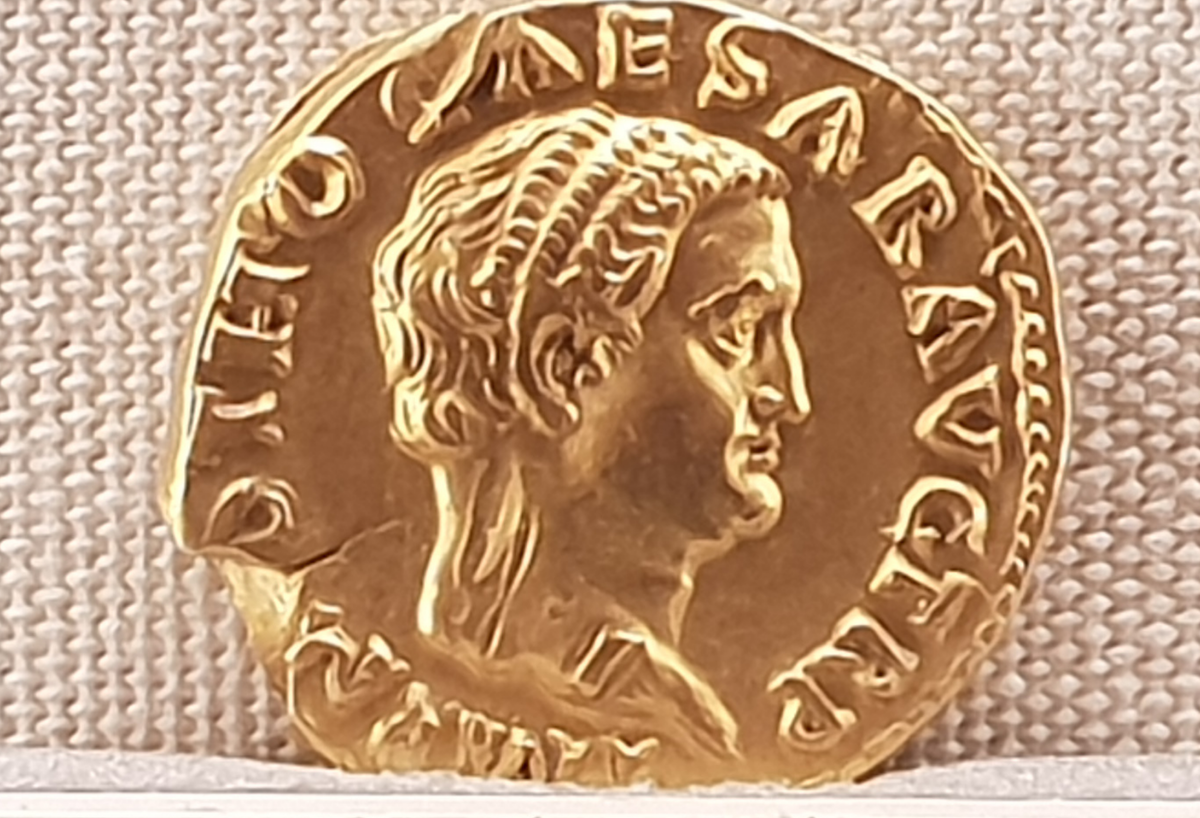Marcus Salvius Otho, commonly known as Otho.
Otho was a Roman emperor who ruled for a brief but significant period in the turbulent Year of the Four Emperors. Born on April 28, 32 AD, Otho hailed from a distinguished family with roots in the equestrian class of Roman society. His father, Lucius Otho, served as a Roman senator and held various administrative positions during the reign of Emperor Tiberius.
Otho's early life is not extensively documented, but he likely received a thorough education in literature, rhetoric, and military affairs, as was typical for young men of his social standing. He embarked on a political and military career, serving in various capacities within the Roman government and military.
Otho's fortunes changed dramatically in 68 AD, with the death of Emperor Nero and the ensuing power struggle to succeed him. After the brief reigns of Galba and Otho's close friend, Vitellius, Otho seized the opportunity to claim the throne for himself. On January 15, 69 AD, Otho was proclaimed emperor by the Praetorian Guard, becoming the third emperor in the span of a few months.
Otho's reign was marked by political instability and military conflict. His legitimacy as emperor was challenged by Vitellius, who had the support of the legions in the west. Determined to defend his claim to the throne, Otho mobilized his forces and marched to meet Vitellius in battle.
The decisive clash between Otho and Vitellius occurred at the Battle of Bedriacum in April 69 AD. Despite putting up a valiant effort, Otho's forces were ultimately defeated, and he was forced to concede defeat. Rather than prolonging the conflict and causing further bloodshed, Otho chose to take his own life on April 16, 69 AD, bringing an end to his brief but eventful reign as emperor.
Despite the brevity of his time in power, Otho's legacy endures as a testament to the chaotic and tumultuous nature of Roman politics during this period. His decision to commit suicide rather than continue the fight for the throne was seen as an act of selflessness and honor, earning him respect even in defeat.
In terms of family tree, Otho's lineage is not as well-documented as some other prominent figures of Roman history. However, his family likely belonged to the Roman aristocracy, with connections to the senatorial class and possibly even to the imperial family through marriage or distant relations. Otho's rise to power was largely based on his own merits and political maneuvering rather than his family connections, highlighting the fluid and competitive nature of Roman politics during the tumultuous Year of the Four Emperors.




